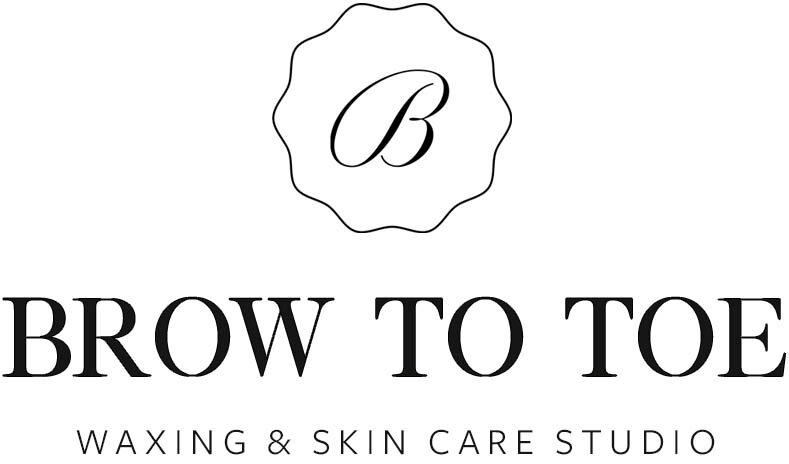Is Retinol Safe?
If you're like most women, you're concerned with anti-aging. You want to look your best as you get older, which means taking care of your skin. Retinol is a popular ingredient found in many anti-aging products; however, it is not ideal for every woman. Let's explore Retinol and determine if it's the best choice to address your fine line wrinkles, age spots, and other anti-aging needs.
What is Retinol, and How Does it Work?
Retinol is a form of Vitamin A used in anti-aging products. It helps reduce wrinkles and dark spots and is shown to be effective in reducing the signs of aging. Retinol works by penetrating the top layer of skin, providing anti-inflammatory, antioxidant, and anti-microbial benefits. It also stimulates exfoliation deep within the cells, which gives anti-aging benefits like reduced age spots and more supple, toned skin. Retinol also stimulates collagen production, which helps keep skin firm and reduces the appearance of fine lines.
What is the Difference Between Retinoic Acid and Retinols?
Retinoic acid is more potent than Retinol, but both effectively reduce the signs of aging. Dermatologists often prescribe retinoic acid a more concentrated form of vitamin A. Retinoic acid works faster than Retinol to reduce wrinkles, dark spots, and other signs of aging. However, retinoic acid can be more irritating to the skin, making it less than ideal for people with sensitive skin. Retinols are a gentler form of vitamin A, and they're a better choice for people with sensitive skin or those who like a more slow and steady approach.
Is Retinol Ideal for You?
Retinol is a safe and effective anti-aging ingredient, but it's not suitable for everyone. Here are a few guidelines for who should not use Retinol:
-People with dry skin should avoid using a retinol product, as it can make the skin drier.
-People with sensitive skin should start by using a low dose of Retinol and gradually increase the amount if they don't experience any irritation.
-People with compromised and unbalanced skin should avoid using Retinol, as it can make the skin more sensitive and prone to irritation.
-People who are pregnant or breastfeeding should not use a retinol product.
How to Incorporate Retinol Into Your Regimen
If you decide that Retinol is suitable for you, here are some tips for using it safely:
-Make sure to follow the instructions on your anti-aging product carefully.
-Start using your anti-aging product slowly, once a week for the first week, and then increase to twice a week the following week and so on. Listening to your skin is critical because every retinol product is different. The concentration of Retinol and other inactive ingredients can impact how your skin reacts and the number of nights you should apply it in one week.
-Use a sunscreen with an SPF of 30 or higher when using a retinol product, as it can make your skin more sensitive to the sun.
-Avoid using other anti-aging products that contain harsh chemicals or acids while you're using a retinol product. Stick to gentle ingredients; less is more for anti-aging ingredients.
-Use a moisturizer after applying anti-aging products that contain Retinol. Keeping the skin moisturized reduces the risk of skin irritation and dryness.
-Be sure to tell your esthetician, waxer, etc., you're using anti-aging products that contain Retinol. Combining Retinol with some skin treatments, products, and hair removal services can result in lifting the skin, creating an injury similar to a burn.
-If irritation persists, that may be an indication you need to look for an alternative method to Retinol.
What is a More Gentler Alternative to Retinol?
Retinol is not a good fit for everyone! If you have tried Retinol and it didn't work for you, don't worry because there are other anti-aging ingredients to consider. A gentler alternative to Retinol is a peptide-based anti-aging serum. Peptides are proteins that help reduce aging signs by stimulating collagen production and cell renewal. They are less irritating than Retinol, making them a good choice for people with sensitive skin or those who want to create change without causing irritation or trauma to the skin.
Retinol is one of the most popular anti-aging ingredients out there, but it's not safe for everyone. Considerations such as skin and medical conditions, current skincare products, and other treatments should be taken into account when adding retinol to your regimen. Please schedule a consultation with our team today to determine if Retinol or peptides would work best for your individual anti-aging needs!



